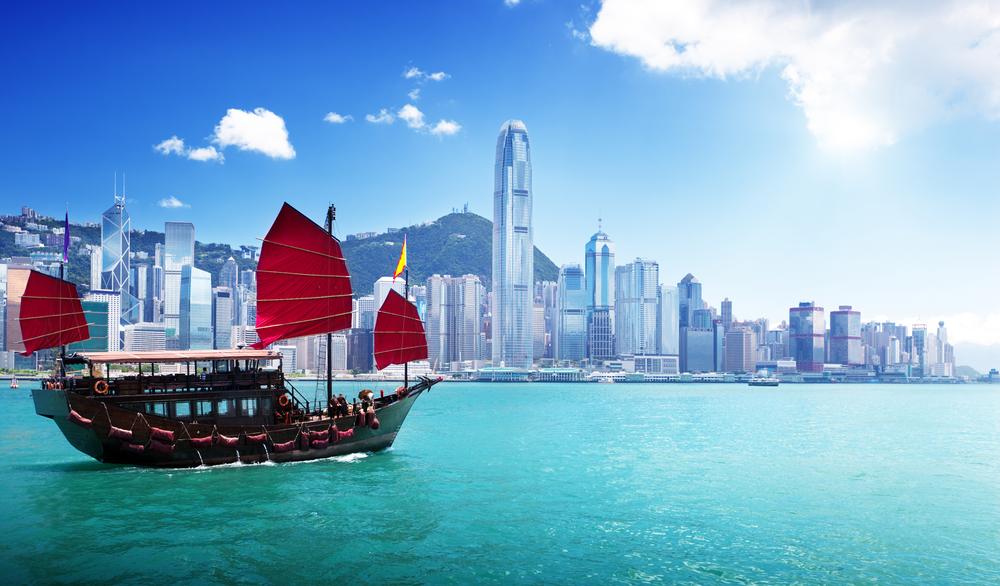Hong Kong’s leader announces expectations of recession following violent protests.
History
Britain governed Hong Kong until 1997.
Following the end of colonial rule, Hong Kong returned to Chinese governance.
China and Hong Kong agreed to implement a “one country, two systems” arrangement.
Under the “one country, two systems” arrangement, Hong Kong has autonomy.
Furthermore, citizens of Hong Kong have more rights and civil liberties compared to citizens of China.
Hong Kong vs Mainland China
Hong Kong protects civil liberties such as freedom of speech, freedom of expression and freedom of religion.
Moreover, Hong Kong believes that personal liberties cannot be abridged without due process.
China frequently censors speech and expression.
Furthermore, it does not protect freedom of religion.
For instance, China has been detaining Uyghur Muslims, and sending them to re-education camps since 2014.
In comparison with China, Hong Kong provides a larger sphere of freedom to its citizens.
Extradition Bill
China introduced an extradition bill in April.
The bill proposed to allow the extradition of Hong Kong to mainland China.
Among other critical implications, the bill requested criminal suspects in Hong Kong to be sent to mainland China for investigation.
Due to its history of governance, Hong Kong has a different political and social culture than China.
Consequently, the proposal to allow extradition led to civil disobedience in Hong Kong.
Protests
Protests started in June. They continue as of today.
The bill threatens Hong Kong’s judicial independence.
Protesters oppose the extradition bill. They believe it is unacceptable to bring undemocratic processes implemented in mainland China to Hong Kong.
The bill risks exposing citizens of Hong Kong to unfair trials, violent punishment and oppression in mainland China.
Protesters believe that China will use the bill to target activists, writers and academics.
Protesters commit to protecting civil liberties in Hong Kong under any circumstances.
If the extradition bill passes, Hong Kongers face the risk of losing their autonomy.
Extradition Bill Suspended
Hong Kong’s leader officially suspended the extradition bill in September with the hope of putting an end to protests.
Nevertheless, protests continue.
Concerned about the vulnerability of Hong Kong’s democracy, protestors ask for a system of full democracy and transparency.
Many believe that current civil liberties allowed in Hong Kong are not extensive enough.
Furthermore, protestors seek a comprehensive investigation into police actions in Hong Kong.
Recession
As protests grow larger every day, tourists stay away from Hong Kong due to safety concerns.
Five months of protests caused a devastating blow to businesses in Hong Kong.
Foreign businesses and investors are pulling away due to political and economic instability caused by protests.
Retailers fear unemployment amid a drop in sales across different sectors.
Employees shorten trading hours as protests get violent. Workers in central areas of Hong Kong fear for their safety.
Furthermore, corporations report incidents of vandalism.
Angry protestors target Hong Kong headquarters of big Chinese firms.
For instance, the tech giant Xiaomi (HKG: 1810) reported that its branches have been vandalised.
Moreover, protestors targeted Bank of China (SHA: 601988) branches across Hong Kong.
It will take time and money for Hong Kong to recover from the damage caused by protests.
Hong Kong’s economy is likely to experience negative growth this year.
Consequently, Hong Kong’s leader warns that she expects recession.

